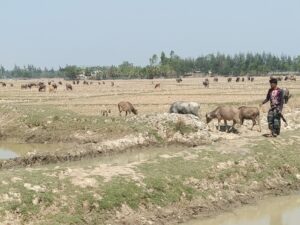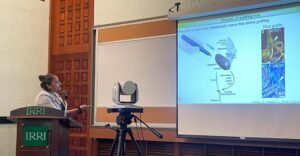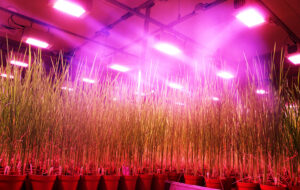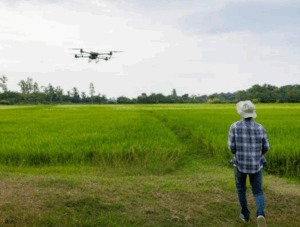Proven technologies, policies, and institutional resources need to be collectively adopted to ensure the mitigation of stress-driven shocks at different levels.
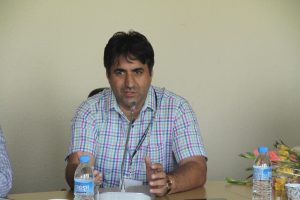
The resource-poor farmers residing in stress-prone areas form the section of our society that is highly vulnerable to poverty and hunger. Environmental stresses such as drought, flood, and salinity frequently destroy their food crops, forcing them to leave their agricultural fields fallow. These environmental conditions affect the poorest farmers—women, children, and the elderly in particular—disproportionately, causing them to eat less, withdraw their children from school, migrate for employment, and sell assets to meet immediate needs. They frequently face chronic hunger, malnutrition, and poor health, and they lack the resilience to cope with economic setbacks and natural disasters. Moreover, recurring environmental stresses reduce the propensity of farmers to adopt new and profitable technologies, thus further increasing their vulnerability and decreasing their capability to overcome hunger and poverty.
Investments, innovations, and empowering the world’s most vulnerable populations are needed to obtain a global food system that adapts to climate change without disturbing the sustainability of our natural resource base. The present global need is to cope with the menace of environmental stresses so that everyone has reliable access to a sufficient quantity, quality, and diversity of food.
However, no single strategy can help us to solve this problem.
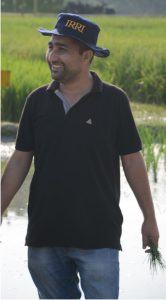
Proven technologies, policies, and institutional resources need to be collectively adopted to ensure the mitigation of stress-driven shocks at different levels. Integrated strategies that include agricultural technologies for environmental stress management such as climate-resilient crops and varieties, crop management practices, weather forecasting and information communication, weather-index insurance systems, market development, and price information can help to manage environmental stresses. Additionally, there is a strong need to innovate the current agricultural extension system and increase access to information related to food production in stress-prone areas.
Science and technology need to play an essential role in moving the globe into a safe operating space where agriculture can satisfy the food needs of every individual, especially those living in agriculturally marginal ecosystems. The present scenario in stress-prone areas requires major innovations to transform the current patterns of food production, distribution, and consumption. Farmers will have to produce a substantially larger amount of food on less land with less water, energy, fertilizer, and pesticides without disturbing ecosystems. The scientific community is expected to play an important role in obtaining strategic investments to set up resilient agricultural production systems, reduce greenhouse gas emissions, safeguard adequate nutrition, and further develop a global knowledge system for sustainability.
Larger investments for the sustainability of agriculture in stress-prone areas form the essential component of long-term economic development. The sooner these investments are accomplished, the greater the expected gains.
The International Rice Research Institute (IRRI) has been investing in science, technology, and innovations that can render large-scale benefits for resource-poor farmers. Scientific efforts by IRRI have contributed substantially over two Green Revolutions to relieve hunger and poverty in Asia. The science, technology, and innovations involved in the second Green Revolution are mainly meant for resource-poor farmers and aim to leave no farmer behind.
A third Green Revolution is envisaged to commence around 2030, when farmers will start planting yield plateau-breaking C4 and nitrogen-fixing rice varieties. These varieties will be inordinately eco-friendly and require only half the amount of water and nitrogen currently used in rice production.
Thus, high science, technology, and innovations by scientists and policymakers can help the world’s poor to overcome poverty and hunger more rapidly and efficiently.
__________________
Dr. Dar is a development specialist in agricultural research at IRRI-India. Dr. Waza is a postdoctoral researcher at IRRI-India.

